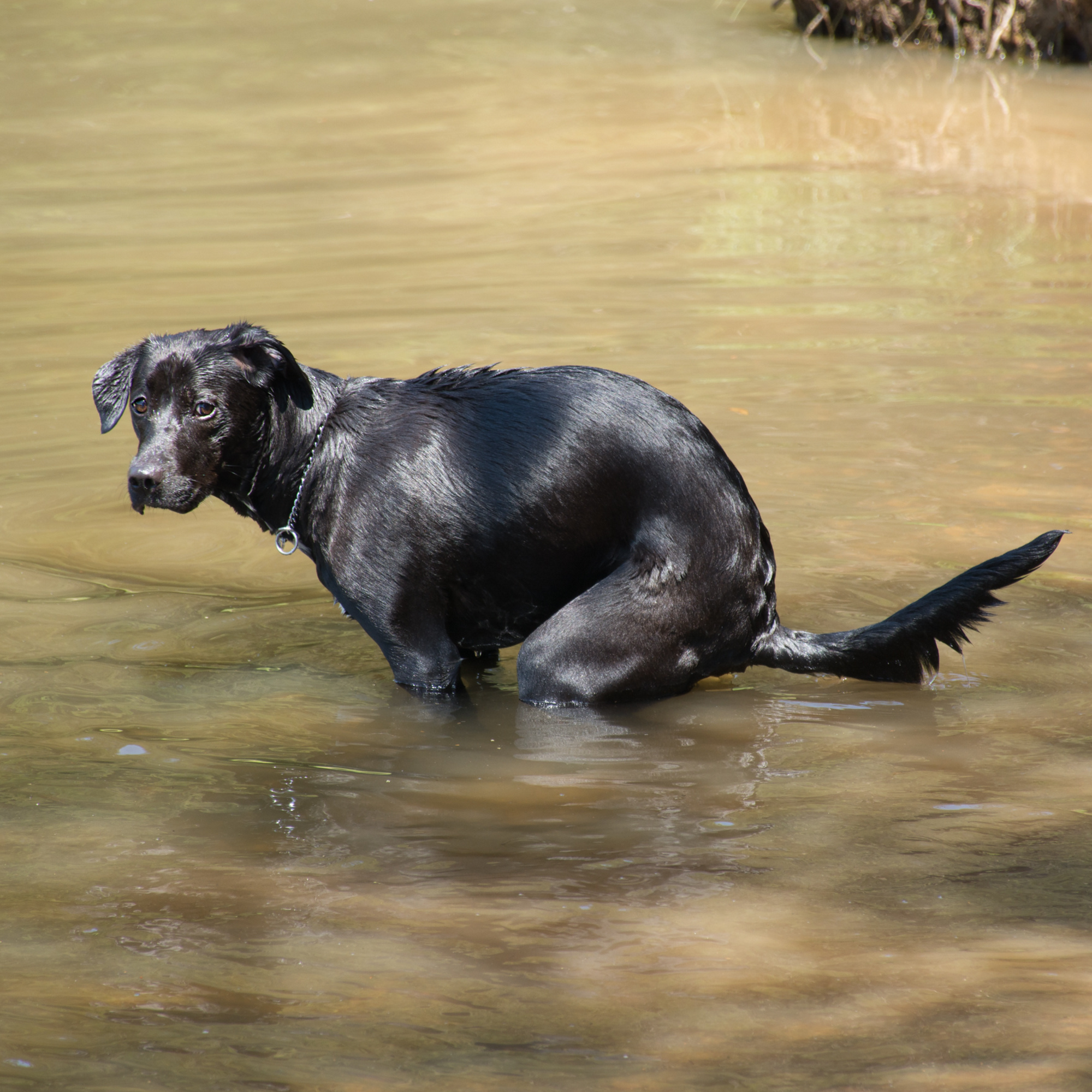A Guide to Successful Puppy Potty Training : In Conversation with Dog Nation

Bringing a new puppy into your home is an exciting adventure but it comes with a lot of challenges, one of which you'll definitely face is potty training. Thus, to ensure a harmonious training experience and a fulfilling companionship, we engaged in a conversation with DOG NATION, a dog wellness and recreation center, to come up with a guide to help you navigate the journey of potty training your furry friend the key. Let's have a look at the insights Dog Nation provided us.
Establish a Routine:
Dogs thrive on routine, making it essential to set a schedule for your puppy's daily activities. Set alarms for meal times, pee breaks, and even playtime. Consistency is crucial because what might seem insignificant to us is highly noticeable to them. By creating a routine, you'll help your puppy understand when it's time for essential activities.
Coordinate Breaks with Meals and Naps:
Understanding your puppy's digestive system is vital for effective potty training. Dogs tend to relieve themselves shortly after eating or waking up from a nap. Take your puppy to a designated spot for bathroom breaks immediately after meals and naps. This proactive approach minimizes accidents indoors and reinforces the association between outdoor trips and potty time.
Embrace Positive Reinforcement:
Celebrate your puppy's successes with enthusiasm. Positive reinforcement, such as words of affirmation and treats, goes a long way in reinforcing good behavior. When your puppy associates going to the bathroom outside with praise and rewards, they are more likely to repeat this behavior. Consistent positive reinforcement helps your puppy understand what is expected and appreciated.
Keep Close Proximity During Playtime:
Position your puppy's play area near you so you can closely monitor their behavior. If you notice signs like sniffing or restlessness, it's a cue that they may need a bathroom break. By staying attentive to these cues, you can swiftly guide your puppy to the designated potty area, reinforcing the connection between specific behaviors and outdoor bathroom breaks.
Adapt to Puppy vs. Adult Needs:
Recognize the unique needs of a young puppy with a smaller stomach. Frequent, smaller meals are suitable for puppies, aligning with their digestive capabilities. As your puppy grows, gradually adjust their feeding schedule by increasing meal quantities and reducing frequency. Adapting to your puppy's changing needs ensures a smooth transition as they mature.
In conclusion, successful potty training involves creating a consistent routine, understanding your puppy's digestive patterns, employing positive reinforcement, maintaining close proximity during playtime, and adapting to your puppy's developmental stages. By investing time and patience in these strategies, you'll foster good habits and build a strong foundation for a happy and well-trained companion.
